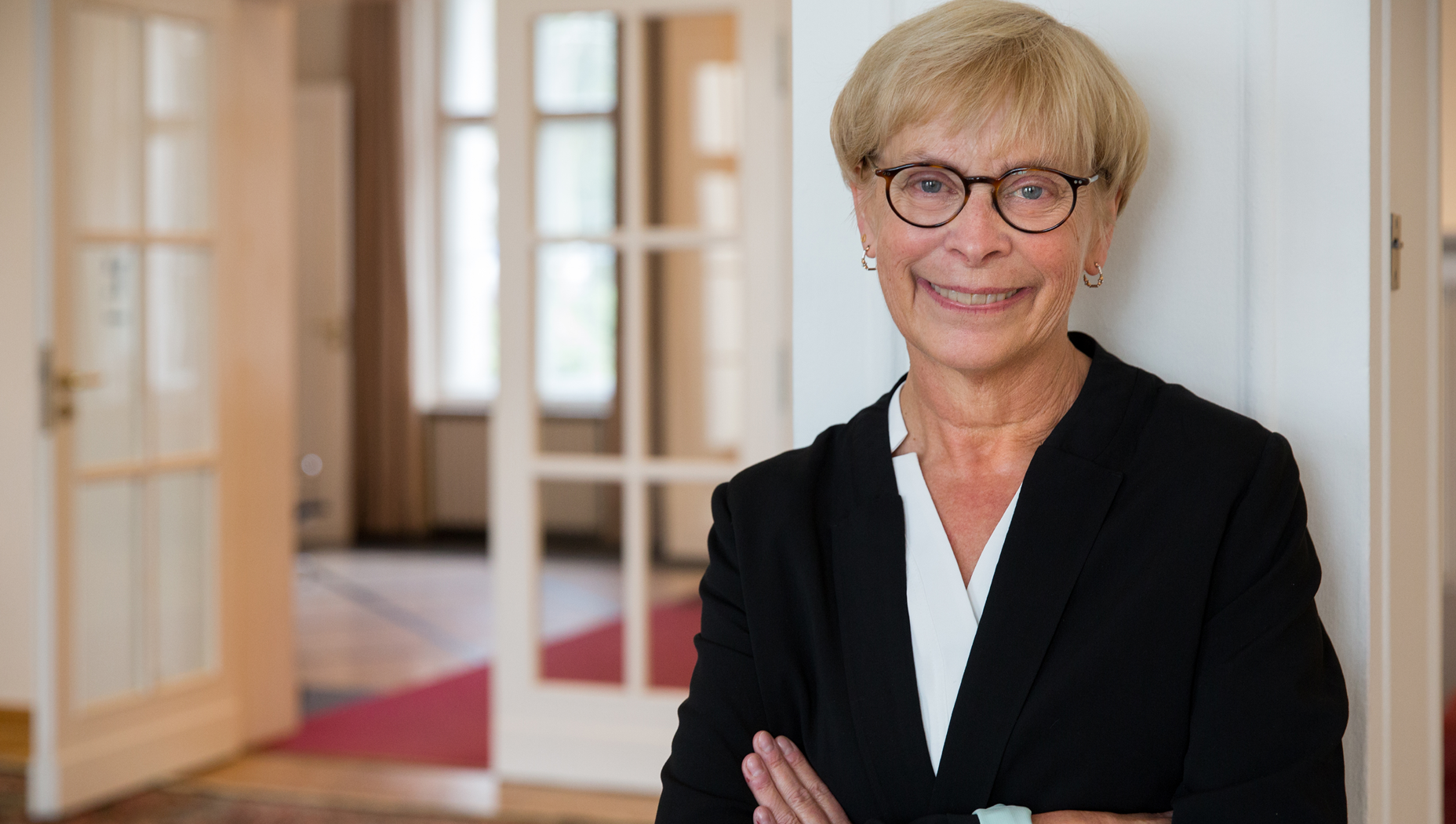
Jane O. Newman, professor of comparative literature at UCI, has received a fellowship to be in residence at the prestigious Institute for Advanced Study (IAS) in Princeton, New Jersey in Fall 2023.
Newman will join an interdisciplinary cohort of scholars convening at the Institute and complete Auerbach’s Worlds, her book on the German-Jewish scholar Erich Auerbach (1892-1957). Forced to leave Germany in 1935-36 when Hitler came to power, Auerbach spent 11 years in Istanbul before coming to the U.S. His work Mimesis: The Representation of Reality in Western Literature (1946) is one of the most important works of comparative literary study of the twentieth century. Auerbach, among others, played an important role in establishing many of the disciplines we now take for granted in the U.S., such as art history, architecture, sociology, political science, classics, and comparative literature.
Newman’s work on Auerbach is both informed by, and contributes to, her public-facing advocacy for scholars at risk in association with several national and international programs, including the Scholar Rescue Fund (IIE) and Scholars at Risk. She has been at the forefront of efforts across the University of California system to host refugee scholars, and helped crowdsource over $350,000 to support at-risk scholars at UCI. Newman also recently co-organized a UC-wide conference Refuge and Its Refusals that brought scholars-at-risk and their institutional sponsors from around the UC system together in Irvine to share experiences and learn from one another.
“Erich Auerbach himself became a member of the School of Historical Studies at IAS soon after he arrived–in his second, post-Istanbul exile–in the U.S.,” Newman said. “It is a nice historical coincidence that I will be able to finish my book on his work there.” Her book will be the first study in English to investigate the political and theo-philosophical worlds out of which Auerbach’s pre-exile work emerged in the chaotic post-WWI years in Germany. “Looking to how humanists were responding to their fraught times in the early 20th century can help us understand our own work in the context of an equally complex period one hundred years later,” Newman explained.
Founded in 1930 against the backdrop of the rise of fascism and a place of refuge for leading scholars fleeing Hitler, the Institute is recognized as one of the world’s leading centers of “curiosity-driven basic research” study. It attracts a diverse mix of leading scientists and scholars from all over the world, and counts among its members 5 Nobel Laureates, 44 of the 62 Fields Medalists, and 22 of the 25 Abel Prize Laureates, as well as many MacArthur Fellows and Wolf Prize winners.
